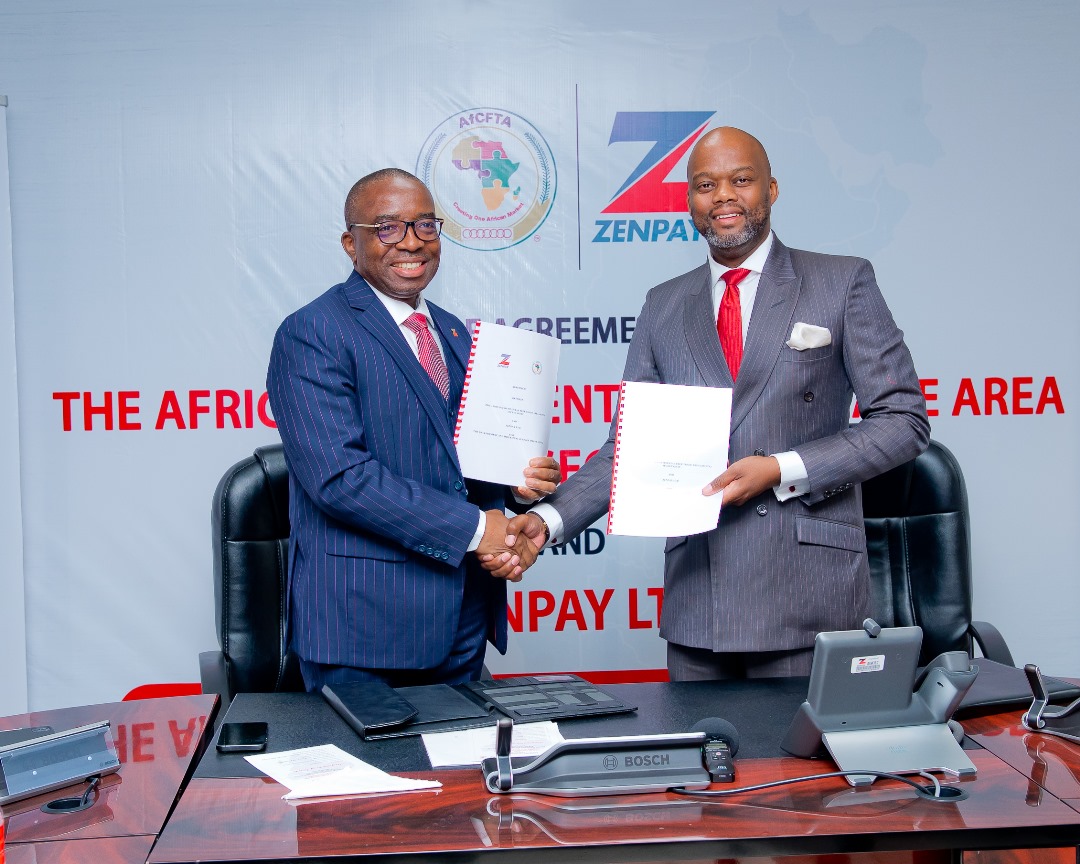- CBN Stress Test Reveals Weak Capital Signs in Banks
A Central Bank of Nigeria stress test has shown that only large banks will stay above the regulator’s capital adequacy ratio threshold if the non-performing loans levels of the Deposit Money Banks should rise by 50 per cent.
The results of the stress test were contained in the CBN’s latest Financial Stability Report posted on its website on Thurday.
According to the report, the end-June 2017 banking industry stress test, which covered 20 commercial and four merchant banks, was conducted to evaluate the resilience of the banks to credit, liquidity, interest rate and contagion risks (shocks).
The banking industry was categorised into large banks (those with assets up to N1tn or above); medium banks (those with assets more than N500bn but less than N1tn); and small banks (those with assets up to N500bn or below).
The stress test results stated, “The stress test showed that only large banks could withstand a further deterioration of their NPLs by up to 50 per cent. However, none of the groups withstood the impact of the most severe shock of a 200 per cent increase in the NPLs as their post-shock CARs fell below the 10 per cent minimum prudential requirement.
“The impact of the severe shocks on the banking industry, large, medium and small banks will result in significant solvency shortfall of 15.21, 9.78, 93.42 and 17.53 percentage points from the regulatory minimum of 10 per cent CAR, amounting to N2.77tn, N1.54tn, N0.98tn and N0.25tn, respectively.”
According to the CBN report, the average baseline Capital Adequacy Ratios for the banking industry, large, medium and small banks at the end of June 2017 stood at 11.51, 13.13, -6.71 and 13.54 per cent, respectively.
These represented a decline of 3.27, 2.34 and 19.46 percentage points for the banking industry, large and medium banks, respectively from the position as at end-December 2016.
However, the small banks group grew by 10.40 percentage points from 3.14 to 13.54 per cent
The CBN said the decline in the CARs was attributable to the challenges in the oil and gas sector coupled with the slow recovery in the domestic economy, which resulted to a rise in the NPLs and capital deterioration.
In the sectoral credit concentration risk stress test, the breakdown of banking industry’s total credit by sector showed that, oil and gas sector accounted for 28.83 per cent of the industry credit, while manufacturing, general, information and communications, government and others accounted for 13.76, 8.82, 4.94, 8.53 and 35.12 per cent, respectively at end-December 2016.
The report added, “The results of the stress test of default in exposure to oil and gas sector showed that the banking industry and peered groups, with the exception of medium banks, withstood up to 20 per cent default as their post-shock CARs remained above 10.00 per cent – industry (10.74 per cent), large banks (12.30 per cent) and small banks (13.34 per cent).
“Under a more severe shock of 50 per cent default, only small banks had CARs above 10.00 per cent (12.30 per cent). This showed that banking industry, large and medium banks were more exposed to the credit risk in the oil and gas sector than the small banks.”
The CBN liquidity stress test showed that after a one-day run, the liquidity ratio of the industry declined to 31.5 per cent from the 48.1 per cent pre-shock position, and to 11.8 and 7.9 per cent after a five-day and cumulative 30-day run, respectively.
According to the report, the asset quality of commercial banks declined in the first half of 2017.
The ratio of the NPLs to gross loans increased by 2.2 and 4.3 percentage points to 15.0 per cent at end-June 2017 compared with the levels at end-December 2016 and end-June 2016, respectively.
In his reaction under the Governor’s Statement on the FSR, the CBN Governor, Godwin Emefiele, said, “Reflecting the recession in the first half of 2017, there was noticeable deterioration in banks’ loan portfolios, especially exposures to the oil and gas sector and foreign currency denominated credit.
“To maintain financial system stability, efforts have been intensified to proactively engage operators to effectively manage the associated risks. Also, a framework for the establishment of private asset restructuring companies to acquire non-performing loans from banks and other financial institutions will be released in due course.”
The Deputy CBN Governor, Financial System Stability, Dr. Joseph Nnanna, stated that the regulatory attention was currently focused on ensuring an improvement in the quality of banks’ assets as well as ensuring that the banks contribute effectively to the real sector.
“The disruptions experienced in the economy with declining oil prices and government revenue resulted in an increase in the non-performing loans in the banking industry. The CBN will continue to monitor developments and initiate measures to limit contagion and ensure that financial institutions remain safe and sound,” he added.
The results of the CBN’s stress test were in line with the Article IV Consultation report by the International Monetary Fund, which highlighted the risks the banking sector faced, particularly with regards to solvency ratios of “four small and medium-sized undercapitalised banks,” Afrinvest, a Nigeria-based investment and research firm, said in a research note.
It noted that some of the “small and medium-sized banks are kept afloat through continuous recourse to the CBN’s lending facilities”
The IMF report stated that banks needed to raise their capital buffers hence, the CBN’s directive on dividend payment was a welcome development, while also calling for a broad review of asset quality to unmask potential capital needs.


 Forex4 weeks ago
Forex4 weeks ago
 Naira4 weeks ago
Naira4 weeks ago
 Billionaire Watch4 weeks ago
Billionaire Watch4 weeks ago



 Naira4 weeks ago
Naira4 weeks ago






 Naira3 weeks ago
Naira3 weeks ago


 Naira3 weeks ago
Naira3 weeks ago






 Naira2 weeks ago
Naira2 weeks ago
 Economy4 weeks ago
Economy4 weeks ago























